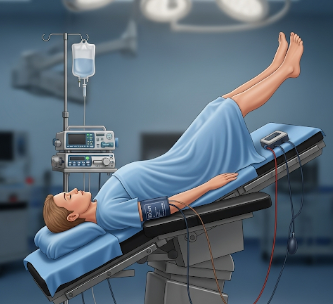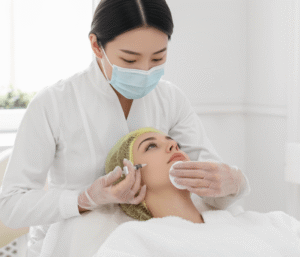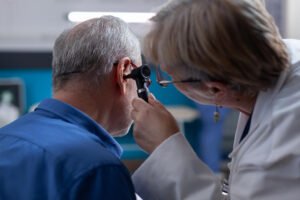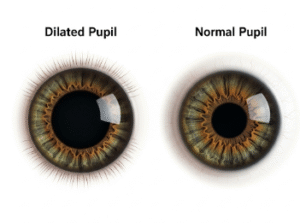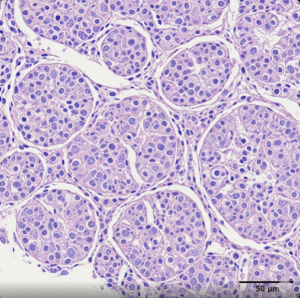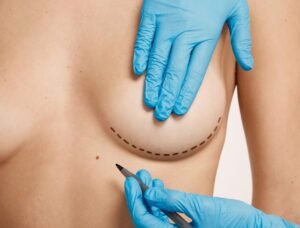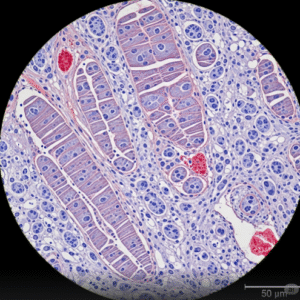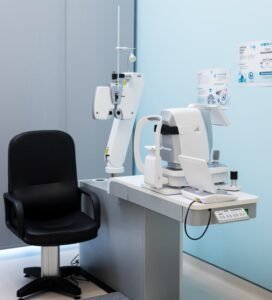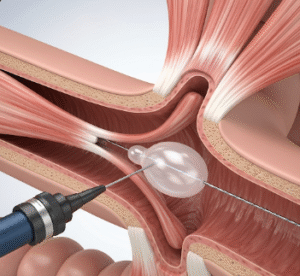Overview
The Trendelenburg position is a medical technique where a patient is laid on their back with the body tilted so that the head is lower than the feet. This position is commonly used in surgery, emergency care, and certain diagnostic procedures to improve venous return, enhance surgical exposure, or manage specific clinical conditions.
In Korea, the Trendelenburg position is routinely applied in modern hospitals and surgical centers, where highly trained professionals ensure patient safety and optimal outcomes.
What is the Trendelenburg Position?
The Trendelenburg position involves tilting the patient 15–45 degrees with the head lower than the legs. It is primarily used for:
Indications include:
- ✦ Surgical procedures such as pelvic or abdominal surgeries
- ➤ Hypotension management in emergencies (temporary use)
- ✦ Venous access improvement during catheterization
- ➤ Certain diagnostic imaging or laparoscopic procedures requiring organ displacement
Benefits include:
- Improves venous return to the heart in hypotensive patients
- Enhances visualization of pelvic organs during surgery
- Facilitates certain laparoscopic and robotic procedures
- Can temporarily support blood pressure stabilization in emergencies
What are the Benefits?
✅ Improved blood flow to the heart in hypotensive patients
➤ Better surgical access and visualization for abdominal and pelvic procedures
✅ Facilitates certain minimally invasive procedures
➤ Assists in patient positioning for diagnostic imaging
✅ Widely used in operating rooms and ICUs in Korea with advanced monitoring
Procedure Details
1) How should I prepare for the Trendelenburg Position?
- ✦ Ensure patient is properly secured on the operating or procedural table
- ➤ Padding for shoulders, arms, and back to prevent pressure injuries
- ✦ Review patient history for cardiovascular or respiratory conditions
- ➤ Monitor vital signs closely before positioning
2) What happens during the procedure?
- ✦ Patient is positioned supine on the surgical or procedural table
- ➤ The table is tilted so that the head is lower than the feet
- ✦ Padding and straps are applied to prevent slipping
- ➤ Monitoring of blood pressure, heart rate, and oxygen saturation is continuous
- ✦ Duration of Trendelenburg positioning is carefully managed depending on procedure or clinical need
3) What happens after the Trendelenburg Position?
- ✦ Patient is gradually returned to a flat or upright position
- ➤ Vital signs are monitored to ensure stability
- ✦ Check for any pressure-related skin injuries or discomfort
- ➤ Document duration of positioning and any complications
- ✦ Provide post-procedural care as required based on the surgical or diagnostic procedure
Risks / Benefits
Possible Risks:
- Increased intracranial or intraocular pressure
- Respiratory compromise in patients with pulmonary conditions
- Temporary facial or airway edema
- Risk of sliding if patient is not properly secured
Benefits:
- Enhanced venous return and cardiac output
- Improved surgical exposure and access
- Facilitates minimally invasive procedures
- Korean hospitals utilize advanced patient monitoring and positioning devices to minimize risks
Recovery and Outlook
- ✦ Immediate recovery is usually uneventful as the position is temporary
- ➤ Vital signs typically normalize quickly once the patient is returned to supine
- ✦ Patients may experience mild facial congestion or temporary swelling
- ➤ No long-term complications are expected if properly monitored
- ✦ Korean hospitals ensure safe positioning with protective measures for all patients
When To Call the Doctor
⚠ Persistent breathing difficulties or oxygen desaturation
⚠ Severe swelling or facial discomfort after prolonged positioning
⚠ Neurological changes such as dizziness, confusion, or vision issues
⚠ Any skin injury or pressure sores from prolonged positioning
Best Korea Option / Process
Korean hospitals provide expert Trendelenburg positioning, including:
- ✦ Experienced surgical and ICU teams for safe positioning
- ➤ Advanced tables with adjustable tilt and safety restraints
- ✦ Continuous monitoring of cardiovascular and respiratory status
- ➤ Integration into laparoscopic, robotic, and critical care procedures
- ✦ Training and protocols to prevent pressure injuries and complications
- ➤ English-speaking coordinators for international patients
Highlights of Trendelenburg Position in Korea
- ✅ Enhances venous return and cardiac output in specific clinical scenarios
- ➤ Provides optimal surgical exposure for pelvic and abdominal procedures
- ✅ Supports minimally invasive and robotic surgeries
- ➤ Advanced patient monitoring and safety measures in Korean hospitals
- ✅ Temporary and safe when applied by trained professionals

